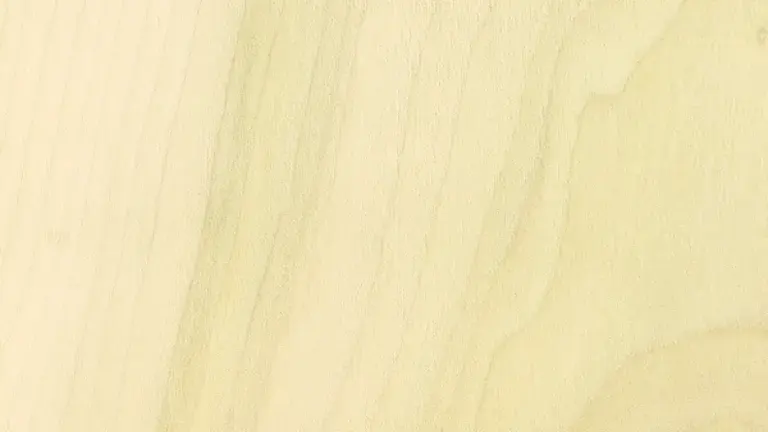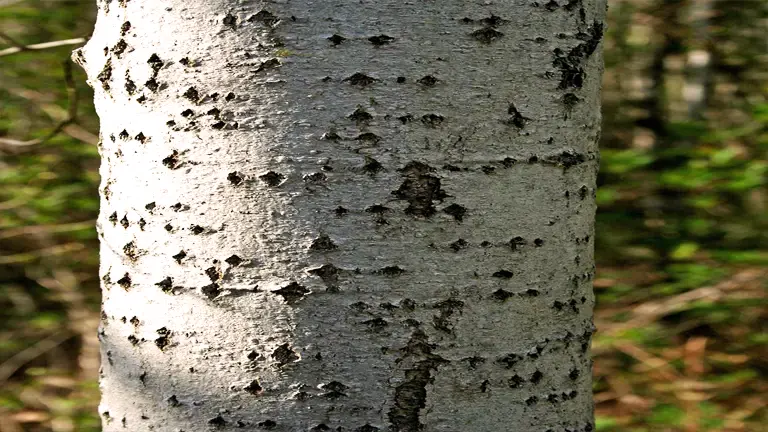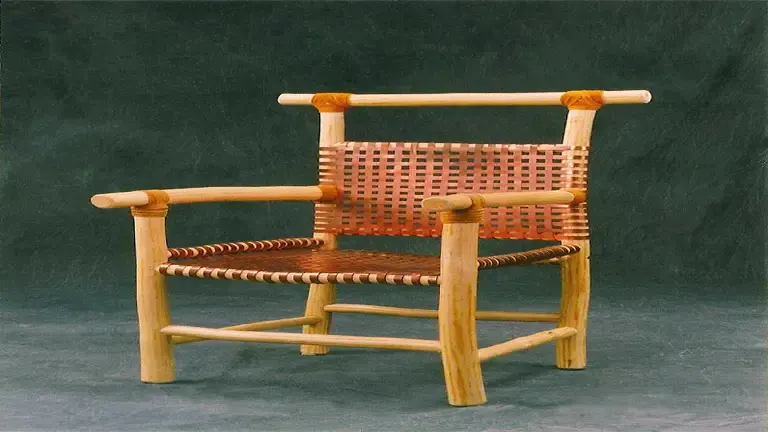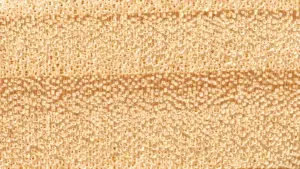White Hybrid Poplar Lumber
- July 31, 2023
- 0 comment
White Hybrid Poplar Lumber, obtained from the hybrid tree species Populus alba x P. grandidentata, stands out as an exceptional material in the realm of hardwood lumber. Its versatility and lightweight nature make it an enticing option for woodworkers and craftsmen seeking an easy-to-handle yet durable wood.

The lumber’s remarkable smooth texture further adds to its appeal, facilitating seamless finishing and polishing, ideal for creating furniture, cabinetry, and interior millwork. Its ease of workability with both hand and machine tools saves time and effort during the woodworking process.
Additionally, the wood’s strength, stability, and affordability make it a practical choice for a diverse array of applications, ranging from intricate musical instruments to sturdy plywood construction. White Hybrid Poplar Lumber’s distinctive attributes make it a preferred choice for many woodworking projects. Its pale yellow to light brown heartwood, coupled with nearly white sapwood, offers an attractive appearance that can enhance the aesthetic value of any piece.
| Category | White Hybrid Poplar Lumber |
|---|---|
| Common Name(s) | White Hybrid Poplar |
| Scientific Name | Populus alba x P. grandidentata |
| Distribution | Native to North America |
| Tree Size | Medium to large |
| Average Dried Weight | 26 lbs/ft3 (415 kg/m3) |
| Specific Gravity | 0.42 |
| Janka Hardness | 540 lbf (2,400 N) |
| Modulus of Rupture | 10,600 psi (73 MPa) |
| Elastic Modulus | 1.31 million psi (9 GPa) |
| Crushing Strength | 5,000 psi (34.5 MPa) |
| Shrinkage | Radial: 4%, Tangential: 8% |
Color/Appearance:
The color of White Hybrid Poplar lumber showcases a charming contrast between its heartwood and sapwood. The heartwood typically displays a gentle and warm palette, ranging from pale yellow to light brown, while the sapwood exhibits a nearly white hue. Over time, the wood may undergo a slight darkening, adding to its natural allure and character. This color variation makes it an appealing choice for furniture and other woodworking projects where a pleasing visual contrast is desired.


Grain/Texture:
White Hybrid Poplar lumber exhibits a straight grain pattern that contributes to its clean and uniform appearance. The wood’s texture is fine and even, offering a smooth surface that is well-suited for finishing and polishing. Woodworkers appreciate its consistency and ease of working with both hand and machine tools, as it allows them to achieve precise and detailed designs without much difficulty.
Rot Resistance:
Despite its status as a hardwood, White Hybrid Poplar lumber is not naturally resistant to decay. As a result, it is susceptible to fungal and insect attacks, particularly in damp or outdoor environments. To ensure the wood’s longevity and durability in such settings, proper protection measures become essential. Applying suitable finishes, sealants, or preservatives is necessary to enhance its resistance to moisture and protect it from wood-boring pests, making it more suitable for outdoor applications.
Workability:
One of the standout features of White Hybrid Poplar lumber is its exceptional workability. Woodworkers find it delightfully easy to handle with both hand and machine tools, owing to its relatively soft nature. The wood responds well to cutting, shaping, and joining techniques, making it a favorite for various woodworking projects. It exhibits good gluing, nailing, and screwing properties, ensuring sturdy and reliable assemblies. However, care should be taken while sanding, as its softness can lead to minor scratching, requiring thoughtful sanding techniques.
Odor:
White Hybrid Poplar lumber generally lacks any distinctive or offensive odor, making it a neutral choice for indoor projects where scent may be a concern.
Allergies/Toxicity:
Working with White Hybrid Poplar lumber poses minimal health risks, as no serious health reactions have been reported. However, some individuals may experience minor skin and respiratory irritation when exposed to the wood’s dust or particles. It is advisable to use appropriate protective gear, such as masks and gloves, to minimize any potential allergic reactions during woodworking activities.
Pricing/Availability:
White Hybrid Poplar lumber enjoys wide availability in the market and is generally moderately priced. Its accessibility and affordability make it an attractive option for both professional woodworkers and hobbyists.
Sustainability:
White Hybrid Poplar is considered a sustainable choice due to its fast growth rate and ease of replenishment. As a rapidly growing tree species, it can be responsibly harvested without causing significant harm to the environment, making it an environmentally friendly option for conscientious woodworking projects.
Common Uses:
White Hybrid Poplar lumber finds diverse applications across various woodworking projects. Its versatility makes it a go-to material for crafting furniture, cabinets, and interior millwork. It is also a popular choice for manufacturing plywood and musical instruments, where its desirable acoustic properties shine through. Additionally, it is utilized in general woodworking projects, where its workability and affordability make it a reliable option for both beginners and experienced craftsmen alike.


FAQs:
- Is White Hybrid Poplar a hardwood or a softwood?
White Hybrid Poplar is technically a hardwood, though it is relatively soft compared to many other hardwood species. - Can I use White Hybrid Poplar lumber for outdoor projects?
While it can be used outdoors, White Hybrid Poplar is not naturally rot-resistant and should be adequately protected with finishes or treatments to increase its durability. - Is White Hybrid Poplar eco-friendly?
Yes, White Hybrid Poplar is considered eco-friendly due to its fast growth rate and sustainability as a renewable resource. - Is this wood suitable for carving?
Yes, the fine and even texture of White Hybrid Poplar makes it suitable for carving and detailed woodworking. - How does White Hybrid Poplar compare to other popular hardwoods in terms of price?
Compared to some more exotic or rare hardwoods, White Hybrid Poplar is generally more affordable, making it a cost-effective choice for various projects.








Leave your comment